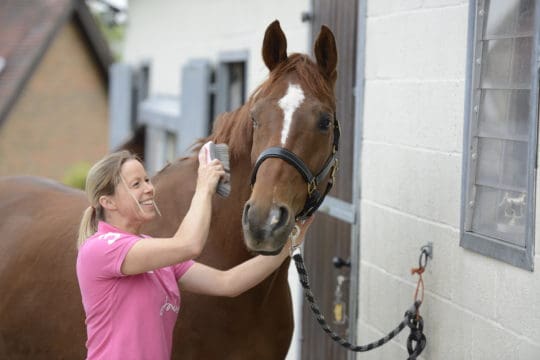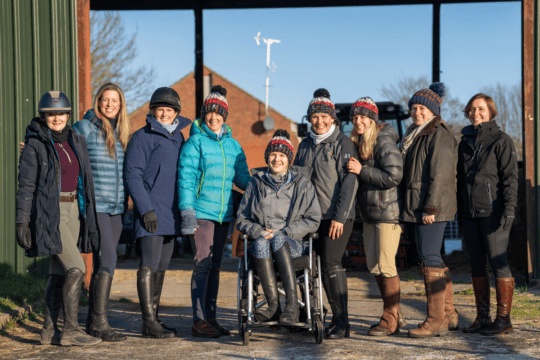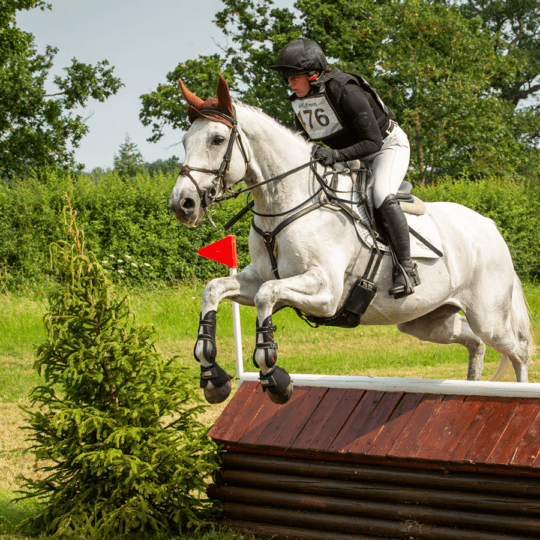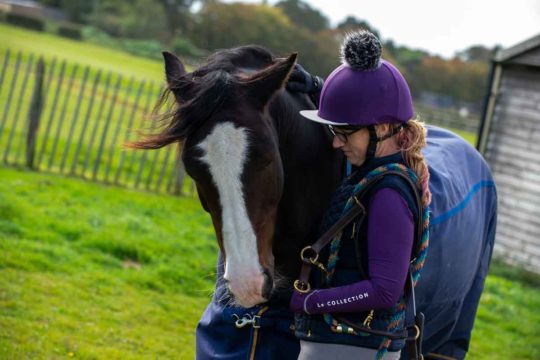
Most Read Articles
Preventative care is as important for horses as it is for humans. Taking care of all the small things for your horse and around your yard all adds up, and as Vicki Farr, Equine Veterinary Advisor for the Keeping Britain’s Horses Healthy campaign, explains, they can help to keep your horse both happy and healthy.
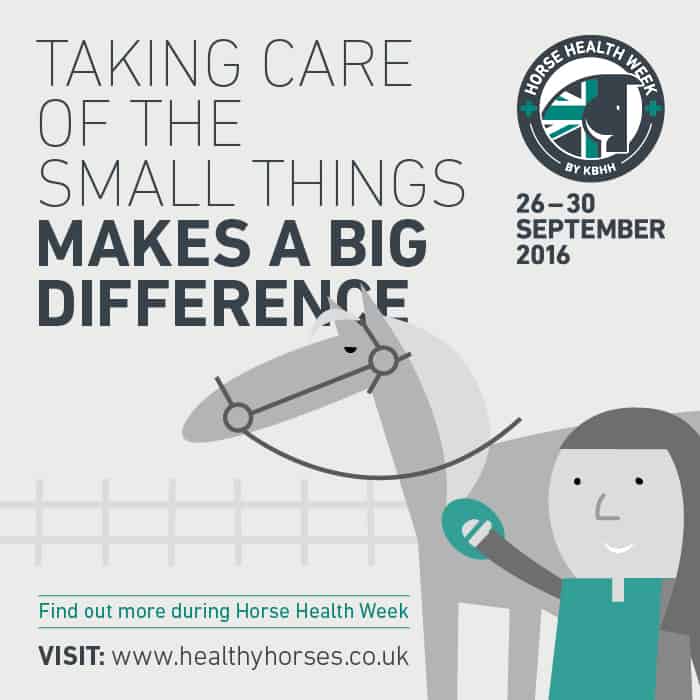
What’s normal for your horse?
First you need to ensure that you know what’s normal for your horse so that you can quickly spot anything out of the ordinary. There’s no substitute for interacting with him and observing him closely on a daily basis – look for changes in his eyes, appetite, droppings and general demeanour. Some changes may be obvious and quickly point to disease or injury but other signs might be subtle at first, and spotting these small changes will allow you to intervene more quickly.
It’s really important to know your horse’s normal temperature, pulse and respiration rate. You should check these regularly as a rise in temperature can be the first sign of some diseases – for example, strangles. These vital signs should always be checked at rest and averages can differ slightly between horses, too, so get to know your horse’s own average. At rest, the general averages are…
– temperature 37.5–38.5°C
– pulse 28–44 beats per minute
– respiration 8–14 breaths per minute
Picking out your horse’s feet on a daily basis also provides an ideal opportunity to check for problems such as thrush, loose shoes or lost nails. Taking the time to observe how your horse is moving every day will also help you to recognise any lameness – discuss any concerns with your vet. It’s also sensible to feel the temperature of his hoof – if it’s warmer than normal it could be a sign of conditions such as laminitis or an abscess.
Changes in your horse’s appetite or drinking habits can be signs that your horse is feeling unwell, so it’s important to monitor the amount of food and water he’s consuming, especially during the summer months. Keeping an eye on his urination and checkinghis droppings for any changes is also important.
Other daily checks include inspecting your horse’s tack or equipment – for example, his rug, boots, headcollar or grazing muzzle – for any dirt or damage that could irritate or injure him.
Yard and paddock precautions
Infectious diseases can quickly get out of hand on a yard and it’s much easier and cheaper and less stressful to prevent them from taking hold in the first place, than it is to treat them. Small measures can make a big difference to protecting your yard from disease, and it’s simpler to put protocols in place to control a disease outbreak before you’re face with a problem. It’s really important that every yard has an isolation facility, which can be as simple as an isolated area of a field.
Along with observing the overall health and appearance of your horse each day, you should check that fencing, stables and shelters are safe and secure. Cleaning and disinfecting feed bowls, troughs, sinks, wash-down areas, and yard equipment such as forks, shovels and wheelbarrows, are important daily jobs that will help limit disease transfer, too. Cleaning and disinfecting your vehicle, especially if you’re travelling to different places, will also help you to prevent diseases being carried in to your yard or stables.
First aid and veterinary care
Everyone has gone to the first aid kit before and found it empty, so you’ll thank yourself for checking and replenishing it each month – one for the yard and one in your horsebox if you have one – it only takes a few minutes. Your vet will be happy to advise you on the contents of your first aid box. Make sure you have good communication with your veterinary practice as being forewarned is to be forearmed and your vet will be pleased to let you know if there are infectious diseases locally so that you can be extra vigilant. When you contact your vet, take the opportunity to book your horse’s vaccinations and annual health check at the same time so that you don’t forget.
Making use of qualified professionals to help keep your horses fit and healthy can help prevent many issues, too. Your vet can advise you on faecal worm egg counts (FWECs) and relevant worming treatments, and a qualified saddler should check your tack every six months or when there has been any significant change in your horse’s body shape, type of work or behaviour. Schedule a farrier visit to check your horse’s hooves every six to eight weeks, and a qualified dental vet or technician every six months to check your horse’s teeth, too.
Keeping Britain’s Horses Healthy (KBHH) was launched in 2014 to wide acclaim. Its aim is to reduce the risk of illness and disease to Britain’s horses by focusing on preventative healthcare. KBHH advises that if you’re experiencing any changes in your horse, however minor, you should seek the advice of your vet. To find out more about KBHH, gain expert advice on preventative healthcare and for details of participating veterinary practices visit healthyhorses.co.uk

